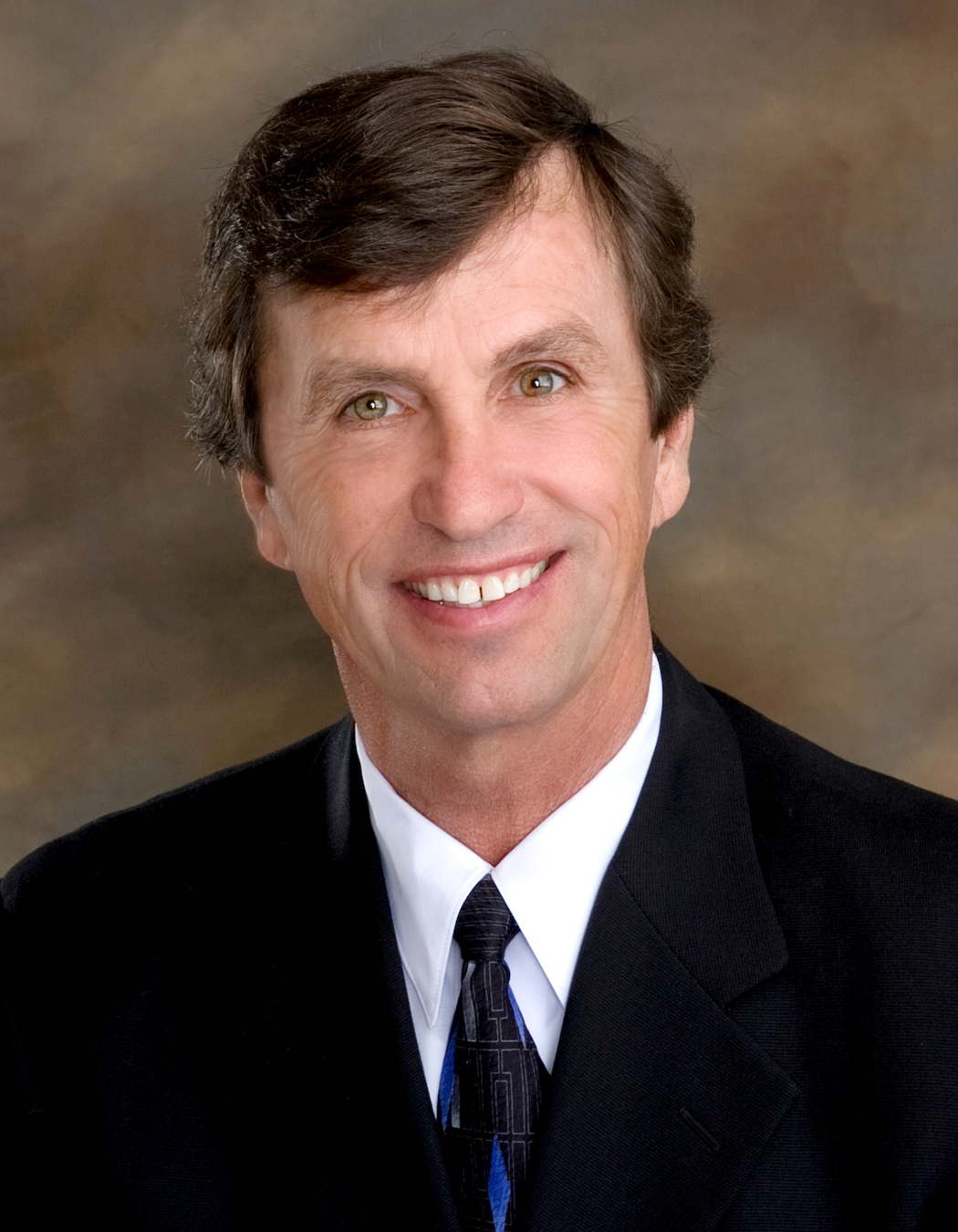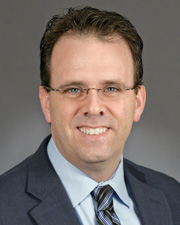Ag, environment and jobs – and three bills became one
UPDATED AT 8:28 P.M. WITH FINAL COMMITTEE ACTION
Three omnibus House bills have become one.
Focused on a final push to get omnibus bills to the House Floor, the House Ways and Means Committee approved the agriculture, environment and natural resources and job growth and energy affordability bills Wednesday before combining them into HF3931 and sending it to the House Floor.
Rep. Jim Knoblach (R-St. Cloud), the committee chair, announced earlier this week a plan to combine the eight committee omnibus bills into three.
The committee combined the omnibus education and higher education bills Tuesday into HF2749, and is scheduled to review the omnibus health and human services, public safety and state government bills Thursday before seeking to combine them.
Agriculture
Sponsored by Rep. Rod Hamilton (R-Mountain Lake), the omnibus agriculture finance bill aims to prepare for the impact of emerging diseases in agriculture, including avian flu, while remaining within the nearly $2 million reduction of total agriculture appropriations sought under this session’s budget adjustment targets.
HF3888 would shift $9.81 million in existing avian flu funding for other purposes. Of that amount, the bill calls for $7.8 million in new, onetime spending on laboratory equipment, including for both the Department of Agriculture and the Board of Animal Health, and other improvements targeted at helping the state’s ability to respond to agriculture emergencies, especially disease outbreaks like avian flu.
The bill would also broaden some 2015 appropriations — including $20 million from the Department of Public Safety Disaster Assistance Contingency funds — to address emergency responses to agricultural issues.
Rep. Tim Mahoney (DFL- St. Paul) criticized the bill for lacking new funding to assist in emerald ash borer suppression. He said the infestation could be devastating around the state.
A onetime $250,000 appropriation would establish the tractor rollover protection pilot program, which seeks to reduce serious accidents by funding up to 70 percent of install roll bars on tractors.
A few language-only changes are in the bill, including adding certain private well contaminant removal projects to some grant programs and adding biobutanol to biofuel incentive programs.
Rep. Debra Hilstrom (DFL-Brooklyn Center) criticized Hamilton for saying he’s strongly supportive of urban farming initiatives, yet not including any new funding sources for those programs.
Hamilton said there is language in the bill to continue some urban farming programs in future years, but other funding, he suggested, could come from Dayton’s proposal to tackle racial and economic disparities.
“It’s more than just growing a carrot. It’s growing committees,” Hamilton said.
Environment and Natural Resources
Sponsored by Rep. Denny McNamara (R-Hastings), HF3890 would appropriate $8.65 million in the current biennium for the state’s parks, trails, forestry work — and potential legal costs related to the PolyMet mining project.
MORE: See the bill spreadsheet
The supplemental omnibus environment and natural resources finance bill also includes provisions that would require carbon monoxide detectors on new motorboats that have an enclosed compartment; allow tribal band members with an identification card to harvest wild rice without a Department of Natural Resources’ permit; and require the DNR to develop criteria for certifying entities to conduct a prescribed burn without a permit.
The committee also amended the bill to include what had been the omnibus DNR policy bill, HF2866. McNamara said adding the bills together to create an omnibus DNR policy and finance bill would more closely align the legislation with the way it was being put together in the Senate.
“It makes sense to put it in this bill,” McNamara said.
Rep Jean Wagenius (DFL-Mpls) raised several questions about provisions in the bill, including one that sets a lake elevation level in statute. Wagenius said she would not vote for the bill based on that provision alone and the precedent she said it would set.
Job Growth and Energy Affordability
Sponsored by Rep. Pat Garofalo (R-Farmington), HF3931, the omnibus job growth and energy affordability bill, calls for a $10.9 million increase in current General Fund biennial spending, with another $4 million coming from the Workforce Development Fund.
It offers onetime appropriations through grants and program creations, but not without budget cuts.
As a so-called “savings-generator,” the Minnesota Investment Fund would see a one-time reduction of $12 million in General Fund appropriations for Fiscal Year 2017; its base funding would be reduced to $5 million in Fiscal Years 2018 and 2019. The Job Creation Fund would also see a one-time appropriation reduction of $8.5 million.
“When you take from the Job Creation Fund you take from the whole state,” said Rep. Tim Mahoney (DFL-St. Paul). “Your bill is a failure. This is a jobless jobs bill.”
MORE: See the bill spreadsheet
The Film Production Jobs Program, commonly known as Snowbate, would be repealed, a savings of $1.5 million. It makes payments to producers of feature films, television or Internet programs, documentaries, music videos and commercials that directly create new film jobs in the state.
The heavily-discussed Border-to-Border Broadband program shows up in the bill, with an appropriation of $15 million in Fiscal Year 2017 and $25 million in Fiscal Year 2018.
As one-time appropriations, funds would work to provide high-speed Internet access to rural residents across Greater Minnesota by furthering availability, testing accuracy and deploying development. Of the amounts appropriated, $1 million would go to expand grants to unserved areas and $500,000 would go to expand availability in low-income households.
The bill would prohibit regulation by a state agency of any aspect of voice-over-Internet protocol or Internet protocol-enabled service. Three services would be exempt: video services provided by a cable communications system, cable service or any other IP-enabled video service.
“This undoes 100 years of telephone regulation in Minnesota,” Hilstrom said.
— House Public Information Services writers Nick Longworth, Jonathan Mohr and Josh Moniz contributed to this story.
Related Articles
Search Session Daily
Advanced Search OptionsPriority Dailies
Ways and Means Committee OKs proposed $512 million supplemental budget on party-line vote
By Mike Cook Meeting more needs or fiscal irresponsibility is one way to sum up the differences among the two parties on a supplemental spending package a year after a $72 billion state budg...
Meeting more needs or fiscal irresponsibility is one way to sum up the differences among the two parties on a supplemental spending package a year after a $72 billion state budg...
Minnesota’s projected budget surplus balloons to $3.7 billion, but fiscal pressure still looms
By Rob Hubbard Just as Minnesota has experienced a warmer winter than usual, so has the state’s budget outlook warmed over the past few months.
On Thursday, Minnesota Management and Budget...
Just as Minnesota has experienced a warmer winter than usual, so has the state’s budget outlook warmed over the past few months.
On Thursday, Minnesota Management and Budget...


